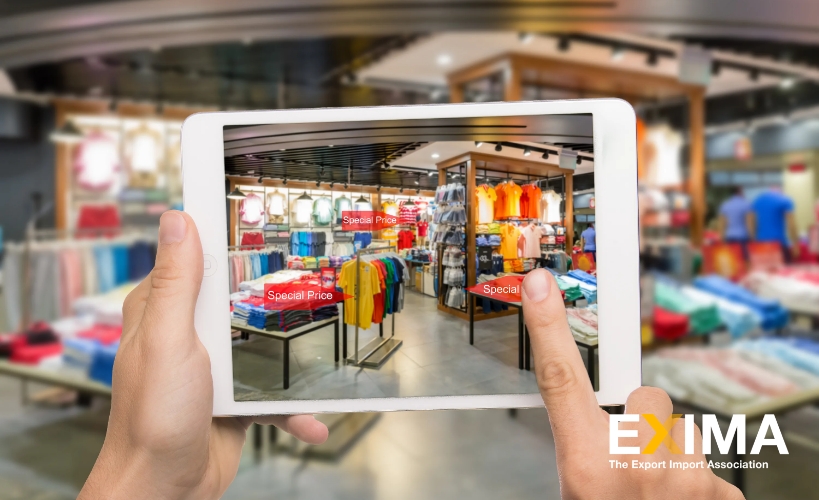Since the first remote online transaction in 1994, when Phil Brandenberger paid $12.48 for a Sting album, e-commerce has come a long way. The New York Times, which covered the event at the time, said that “behind a small click for an individual hides a big step for the economy,” referring to Neil Armstrong’s famous comment after walking on the moon. Today, nearly 30 years later, it is clear how that first click changed the world.

E-Commerce Today
Global e-commerce revenue is increasing and has now surpassed $2 trillion. Amazon, JD.com, Alibaba, eBay, and Rakuten were the world’s five largest e-commerce stores (by revenue in dollars in 2019). There is proof of the US market’s supremacy, which has been in place for many years, but the Chinese market continues to grow.
The term marketplace has been ingrained in the language of all e-commerce platform users and is inextricably linked to the concept of e-commerce. This term refers to online platforms that connect sellers and buyers. Consider a marketplace in your city where retailers can put up their online stores alongside other e-commerce sellers. The product manufacturer will sell its product on a marketplace website, where it will be offered alongside the products of competitors. This means a Samsung product can come face to face with an Apple product. This method has become increasingly popular, with global markets’ revenue already surpassing that of traditional e-commerce platforms.
The E-Commerce of the Future
E-commerce is on its way to become the world’s favorite shopping method. The COVID-19 pandemic has highlighted the importance of e-commerce for businesses and their customers, and an increasing number of small and medium-sized enterprises (SMEs) want to develop their own website to provide their products and services to a bigger audience. Businesses will no longer regard e-commerce as a standalone solution, but rather as an integral component of global expansion. As a result, the future of e-commerce will be inextricably tied to technological advancements and the development of so-called immersive technologies.
These technologies will aid in elevating the customer experience to unparalleled heights. In the future, for example, buyers will be able to virtually taste a product they want to buy or smell the scent they wish to purchase from an e-commerce platform. The TTTV (Taste the TV) prototype developed in Japan gives an overview of this. Customers will even be able to visit a virtual supermarket and shop as if they were there in person, all while sitting at home. And this may all be nearer than we think.

Learn More with EXIMA
In the world of trade, it is important to stay updated on all current events. That is why EXIMA is here to provide you with all relevant information. Come take a look at our Media Page and stay in the loop!
 пиши статьи за деньги
пиши статьи за деньги 

 :
:


One thought on “What Will the Future of E-Commerce Look Like?”